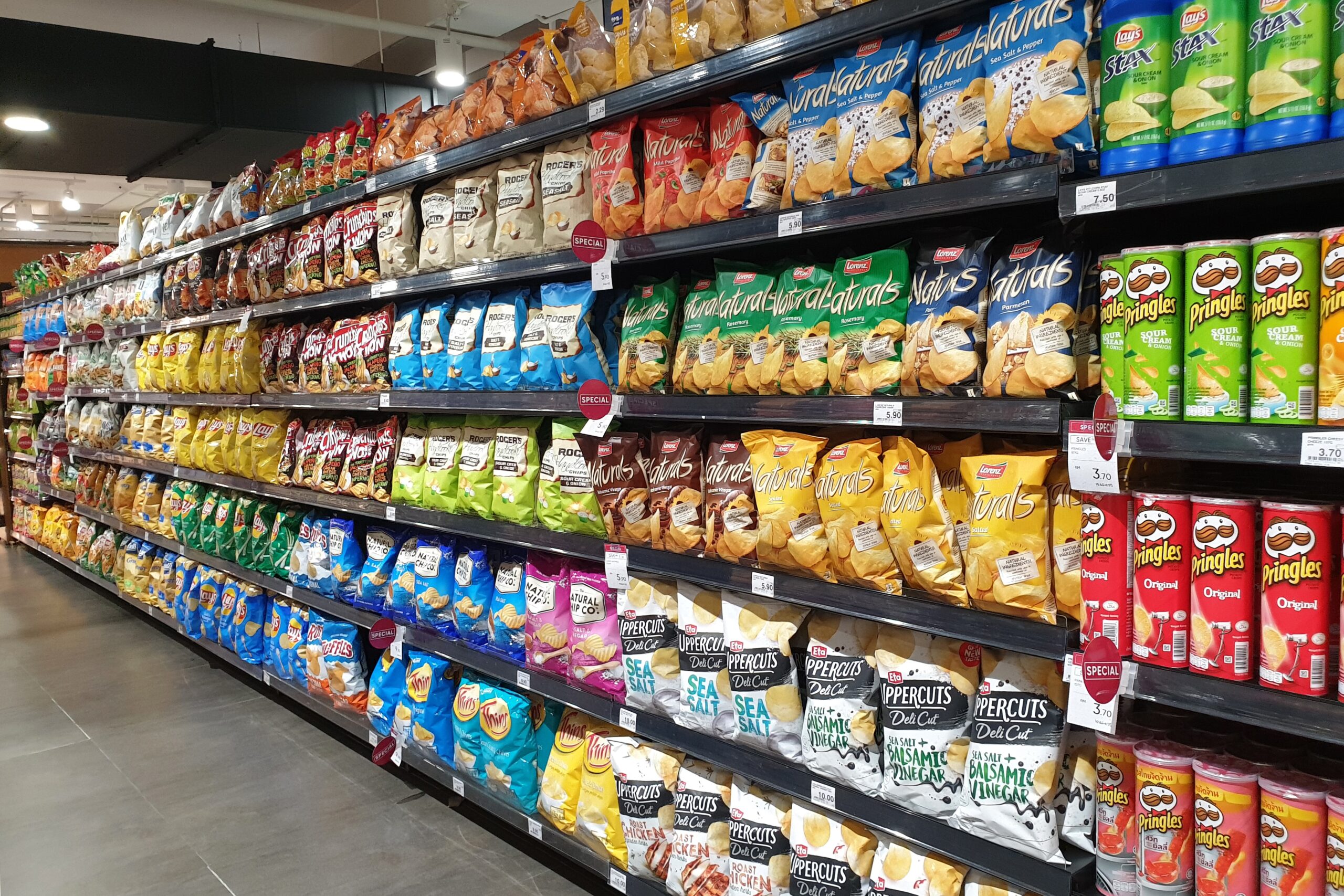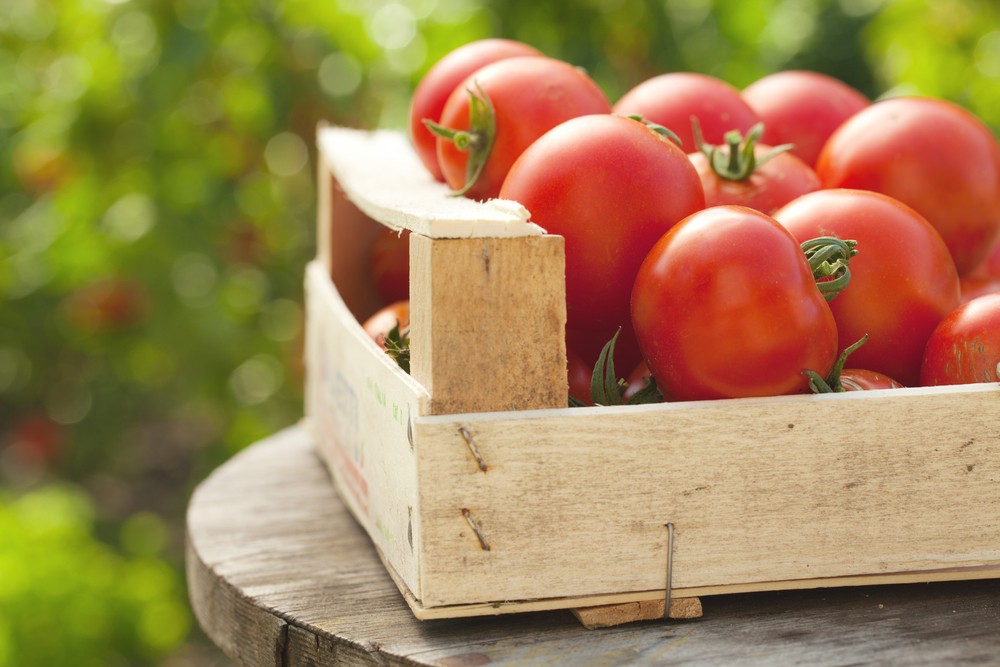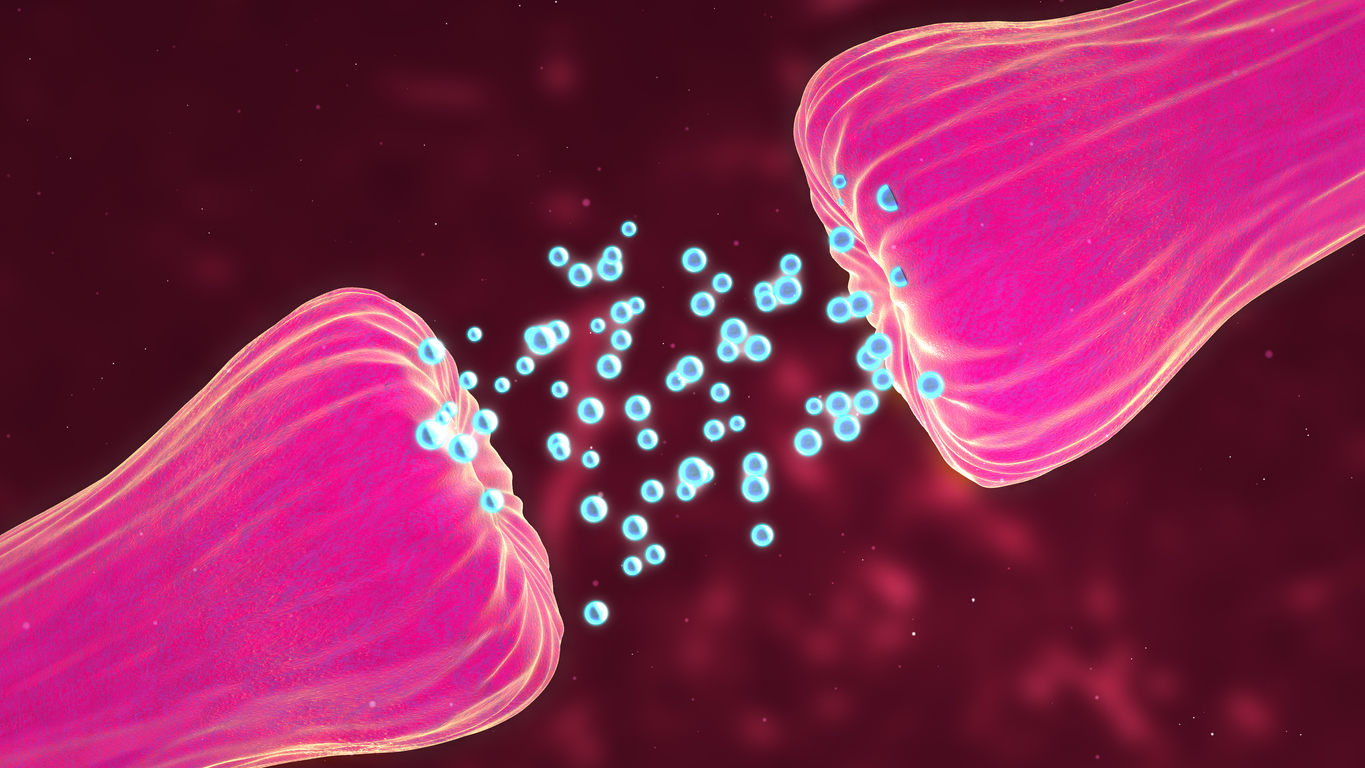According to studies, adults prefer natural foods over processed ones. The most recent research demonstrates that young and middle-aged children share this nutritional predisposition.
After delivering 374 adults and children in the United States apples and orange juice and informing them of their origins, researchers from the Universities of Edinburgh and Yale asked them which food they preferred.
In this research, 137 children between the ages of 6 and 10 were presented with three apples. They were informed that one was created in a lab, another was raised on a farm, and the third was raised in a lab on a tree.
The researchers examined how children felt about apples in terms of how tasty they thought they were, how safe they believed they were, and how much they wanted to eat them. They did this using surveys and statistical models. The study examined different age groups including adults as well.
Findings.
According to a study, both children and adults preferred apples that they believed were grown on farms over those they believed were created in laboratories.
Kids were more like to respond that the farm apple was “fresh”, or that it received a lot of sunshine when asked why they enjoyed it. More often, adults discussed how natural things were.
In a second experiment, four types of orange juice were given to 64 adults and 85 children between the ages of 5 and 7: one that was believed to have been squeezed on a farm, one that didn’t specify where it was made, one that was purported to have chemicals removed from it, and one that had chemicals added.
Researchers discovered that a juice’s rating was significantly influenced by how natural it was. Because they believed it to taste better, be safer, and be more likely to be consumed.
Both studies’ findings indicated that children as young as five and as old as ten provided the same responses.
Conclusion.
According to the research, the belief that eating natural foods is beneficial may begin to develop as early as age five, if not younger.
According to Dr. Matti Wilks of the School of Philosophy, Psychology, and Language Sciences at the University of Edinburgh, the findings generally indicate that Americans begin to enjoy natural foods at a young age. The findings of this study contribute to our understanding of how preferences develop, including how they are taught and why we gravitate toward certain objects in nature.”
Some of this study was funded in part by the Klaus J. Jacobs Research Prize, which was awarded by the Jacobs Foundation.
Story Source: Original press release by the University of Edinburgh. Note: Content may be edited for style and length by Scible News.
References.
Matti Wilks, Paul Bloom. Children prefer natural food, too.. Developmental Psychology, 2022; DOI: 10.1037/dev0001387






